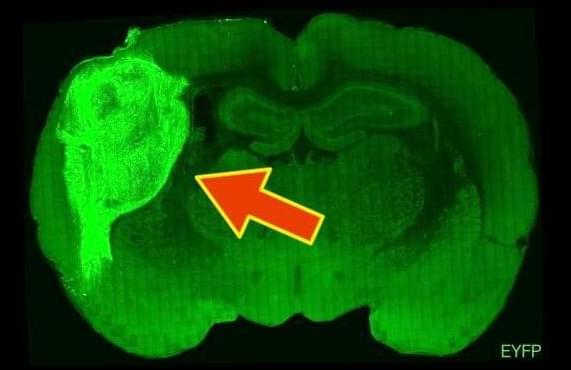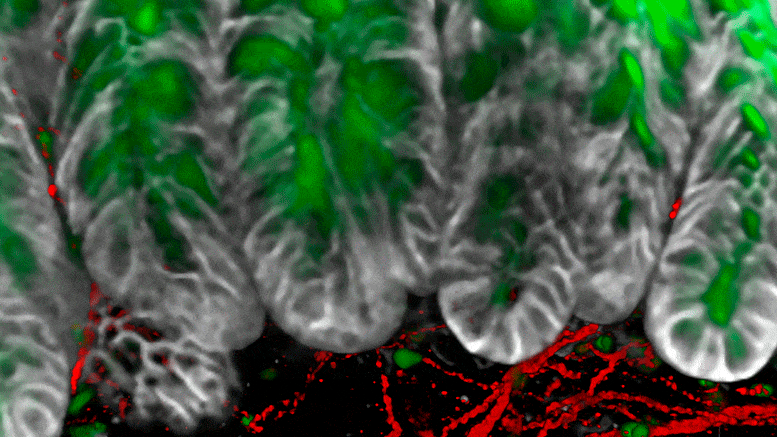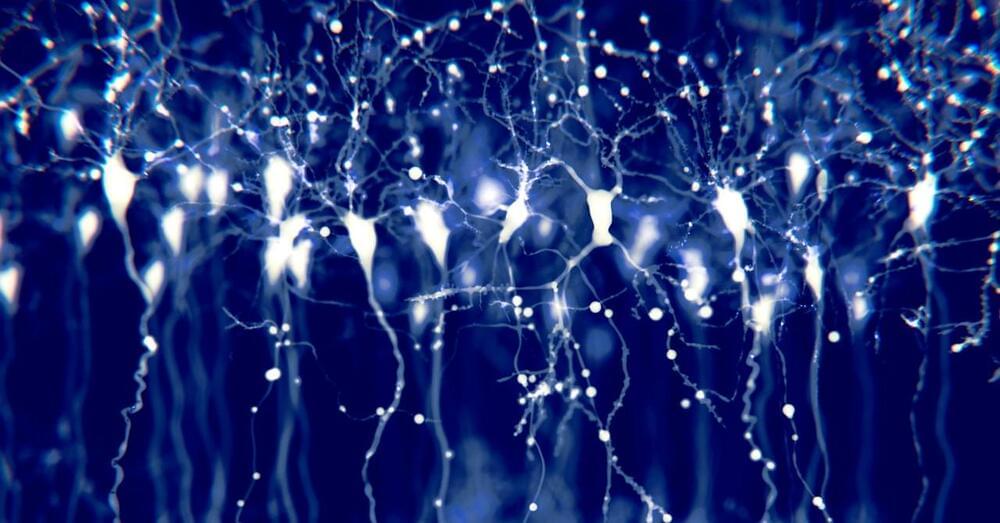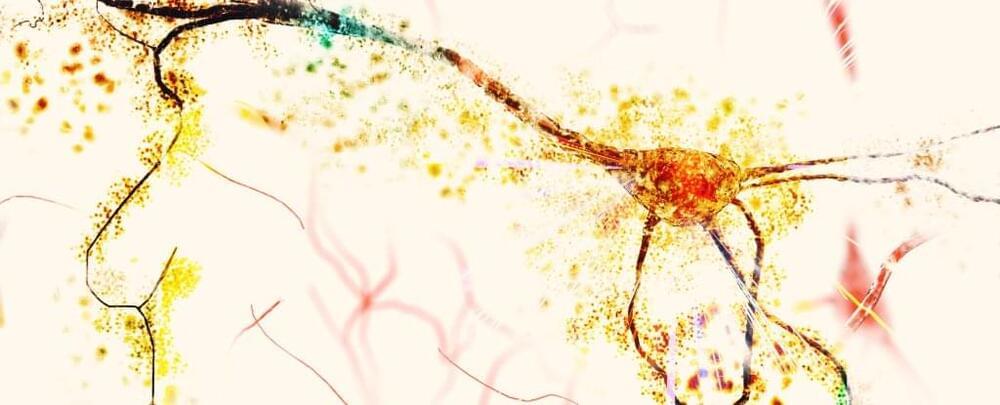Self-organizing lumps of human brain tissue grown in the laboratory have been successfully transplanted into the nervous systems of newborn rats in a step towards finding new ways to treat neuropsychiatric disorders.
The 3D organoids, developed from stem cells to resemble a simplified model of the human cortex, connected and integrated with the surrounding tissue in each rat’s cortex to form a functional part of the rodent’s own brain, displaying activity related to sensory perception.
This, according to a team of researchers led by neuroscientist Sergiu Pașca of Stanford University, overcomes the limitations of dish-grown organoids, and gives us a new platform for modeling human brain development and disease in a living system.








